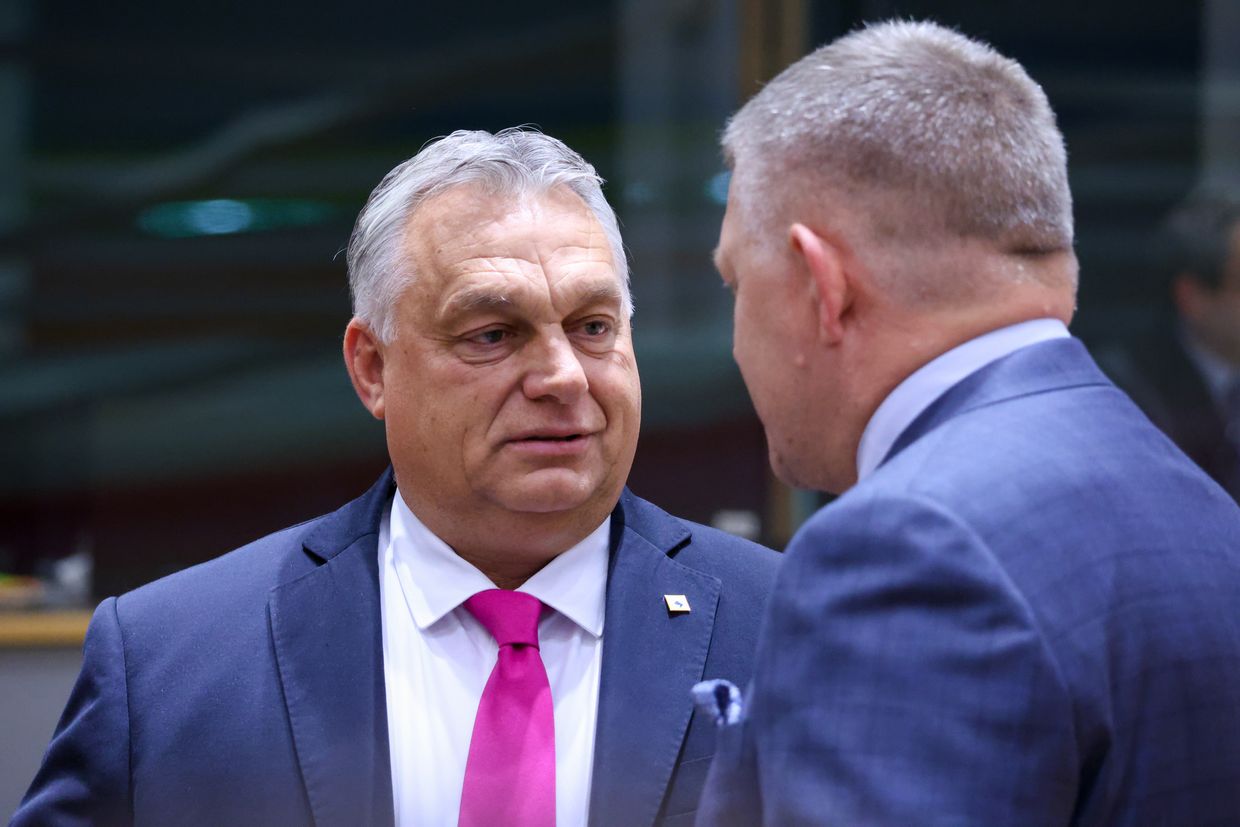Exit polls: Geert Wilders' far-right party set to win Dutch elections

Geert Wilders's far-right Party for Freedom (PVV) is set to win the Dutch parliamentary Nov. 22 elections, securing 35 of the 150 parliamentary seats, exit polls suggested.
The Euroskeptic and anti-immigration firebrand overtook the Green-Labour alliance (25 seats) and the ruling People's Party for Freedom and Democracy (VVD, 24 seats), exit polling shows.
It remains uncertain whether the PVV will be able to build a coalition government, a process that can last up to six months. Throughout this period, the Dutch foreign policy will remain in the reins of the current government.
Under the outgoing Prime Minister Mark Rutte (VVD), the Netherlands has been a staunch ally of Ukraine, being one of the few partners to pledge F-16 fighter jets.
While denouncing Russia's aggression against Ukraine, the PVV voiced opposition to sending financial support and fighter jets to Kyiv, preferring them to be used for domestic needs.
"Russia's military action in Crimea is a blatant violation of Ukrainian sovereignty," said PVV foreign affairs spokesperson Raymond de Roon in 2014.
"However, the Netherlands currently has no interest in sanctions against Russia and a conflict with Russia, nor in the association agreement with the bankrupt state that is Ukraine."
Leaks by Ukrainian hackers suggested that the Kremlin has been actively developing ties with the PVV since 2013, which Wilders was attempting to conceal.
Moscow has traditionally maintained friendly ties with populist and anti-establishment parties in the EU.













